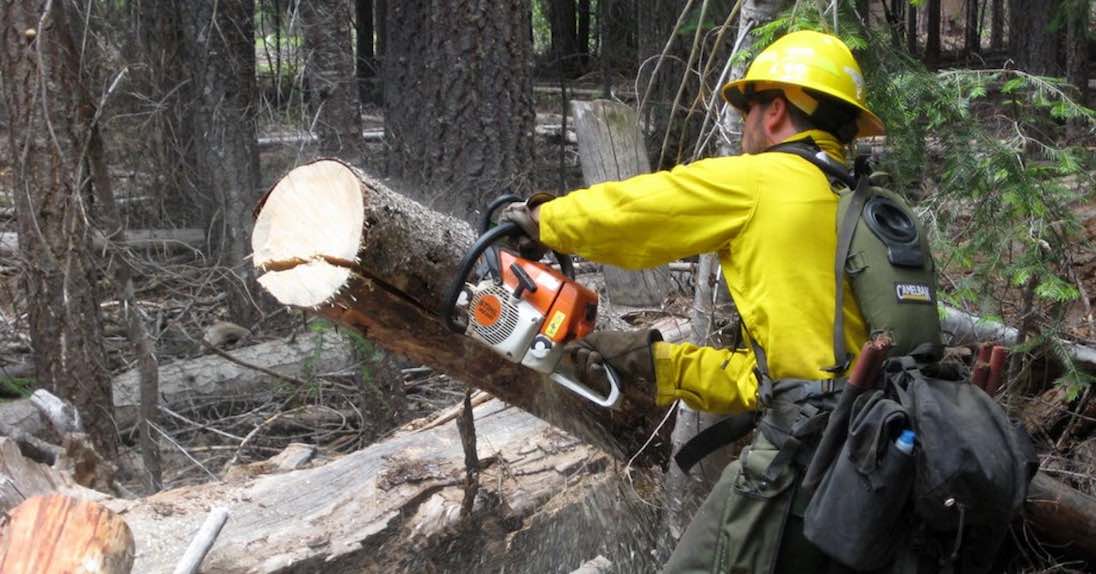
In international workwear trade, one of the most painful stories is when a container arrives — and the products inside aren’t what you expected.
Colors don’t match, sizes are inconsistent, logos are misprinted, or the reflective tape starts peeling before you even deliver.
By the time you discover it, the goods are already thousands of miles away — and fixing it costs more than the profit margin of the deal.
That’s why every successful importer, from Africa to South America, swears by one rule:
👉 “Inspect before you ship.”
This guide explains how to design and execute an effective quality control (QC) and pre-shipment inspection system — so you can protect your business before problems start.
Google Snippet: Quick Answer
Pre-shipment inspection ensures that your workwear order matches approved samples before shipment. It checks quality, quantity, labeling, packaging, and compliance. Use third-party QC services or trusted local inspectors to avoid costly rework and client complaints. Always conduct QC before final payment and container sealing.
Why QC Matters: One Missed Inspection Can Cost You Thousands
In the workwear industry, small mistakes multiply fast.
A minor color mismatch or incorrect logo can cause entire tenders to be rejected.
Even if your supplier means well, last-minute subcontracting, rush production, or weak QC habits can destroy your order quality.
Real Risk Examples
| Problem | Impact |
|---|---|
| Reflective tape not meeting EN ISO 20471 | Customs rejection, loss of safety certification |
| Wrong fabric weight (150gsm instead of 200gsm) | Poor durability, customer complaints |
| Incorrect size ratio | Unsellable stock |
| Logo misprint | Damaged brand credibility |
| Late delivery due to rework | Lost tender or contract |
⚠️ You can fix a problem before shipping — not after arrival.
Case Study 1: Saudi Agent Loses $50,000 Due to Missed Inspection
A Saudi PPE distributor ordered 8,000 flame-resistant coveralls from a new supplier.
Because the factory promised “fast delivery,” he skipped pre-shipment inspection.
When the goods arrived:
- 30% had wrong logo placement
- Some fabric batches lacked FR (flame retardant) treatment
- Stitching failed after 2 washes
The end client rejected the shipment, and the distributor had to reimburse $50,000.
Now, every shipment he handles includes a third-party QC inspection with photographic reports.
What to Inspect: The Five Essential QC Stages
| Stage | Inspection Focus | When |
|---|---|---|
| 1️⃣ Raw Material Check | Fabric weight, color, certification labels | Before production |
| 2️⃣ Inline Production Check | Stitching, reflective tape alignment, trims | Mid-production |
| 3️⃣ Pre-Final Assembly | Logo print, packaging, barcodes | 80% completion |
| 4️⃣ Pre-Shipment Inspection (PSI) | Random sampling of finished goods | After 100% completion |
| 5️⃣ Loading Supervision | Packaging integrity, carton count, seal verification | During container loading |
Third-Party QC vs Self-Inspection
| Method | Who Conducts | Pros | Cons |
|---|---|---|---|
| Third-Party QC | Independent inspection firm (e.g. SGS, TUV, QIMA, AsiaInspection) | Objective, professional reports, recognized by buyers | $200–$300 per man-day cost |
| Self-Inspection | Your representative or local agent | Lower cost, direct control | Risk of bias, less documentation |
| Factory QC | Supplier’s internal team | Free, integrated | Conflict of interest, less reliable |
💡 For new suppliers or high-value orders, third-party QC is worth every dollar.
What’s Checked During Pre-Shipment Inspection
1. Quantity Verification
- Count cartons and verify product quantities match invoice.
- Randomly sample boxes (per ISO 2859-1 standards).
2. Workmanship and Finish
- Check seams, stitching density (≥9 SPI).
- Inspect reflective tapes, zippers, buttons, and pockets.
- Verify logo embroidery or printing accuracy.
3. Measurement and Size Chart Check
| Size | Expected (cm) | Measured (cm) | Result |
|---|---|---|---|
| M | Chest 110 ±2 | 109 | ✅ |
| L | Chest 116 ±2 | 118 | ✅ |
| XL | Chest 122 ±2 | 125 | ⚠️ Slight oversize |
4. Fabric & Material Testing
- GSM weight using fabric scale
- Color fastness (washing & light exposure)
- Tear resistance test
5. Labeling & Packaging
- Confirm inner label with correct CE/EN number
- Outer carton marked with order number and country of destination
- Barcode readability test
QC Report Example (Snapshot)
| Parameter | Requirement | Result | Remarks |
|---|---|---|---|
| Stitch count | ≥9 SPI | 10 | Pass |
| Reflective tape width | 5 cm ±0.3 | 5.1 cm | Pass |
| Logo position | 10 cm below shoulder seam | 9.8 cm | Acceptable |
| Fabric GSM | 190 ±5 | 188 | Pass |
| Labeling | CE, EN ISO 20471 | Correct | Pass |
| Color shade | Pantone 803C | Slightly lighter | Acceptable |
📄 All measurements based on random AQL Level II inspection, 2.5% tolerance.
Case Study 2: Chile Warehouse Workwear Supplier Saves Reputation
A Chilean buyer ordered 5,000 hi-vis vests for a large logistics park contract.
Before shipping, his QC inspector found:
- 200 pieces had off-center reflective tape
- 10% packaging missing barcodes
The factory corrected all within 3 days.
Shipment passed re-inspection and was delivered on time.
Result: the client renewed a $180,000 contract for the next phase.
🎯 A $250 inspection prevented a six-figure disaster.
Choosing the Right QC Partner
When hiring a QC service, check:
- Experience in workwear/PPE sector
- Ability to test safety standards (EN ISO 20471, EN 343, etc.)
- Sample report format and turnaround time
- Language support (English, French, Spanish, Arabic)
Recommended agencies:
- QIMA (AsiaInspection)
- TÜV Rheinland
- SGS
- V-Trust Inspection Service
- HQTS Group
Average cost: $250–$350 per man-day in major manufacturing cities (Guangzhou, Ningbo, Suzhou, etc.)
When to Schedule Inspection
| Order Size | QC Stage | Timing |
|---|---|---|
| < 500 pcs | Pre-shipment only | After 100% packed |
| 500–5,000 pcs | Inline + Pre-shipment | Mid and end of production |
| > 5,000 pcs or high-value | Raw material + Inline + Pre-shipment + Loading | Throughout cycle |
⏰ Always schedule QC 3–5 days before expected shipment date.
QC Communication Template (Email Example)
Subject: Request for Pre-Shipment Inspection – Order #FR0925
Dear [Supplier Name],
Please prepare 100% of the order for inspection on [Date].
The inspection will cover:
- Quantity verification
- Workmanship & labeling
- Fabric GSM test
- Packaging & carton marking
Kindly confirm readiness by [Date].
Regards,
[Your Name]
[Company]
[Contact Info]
Common QC Mistakes to Avoid
❌ Skipping inspection because “factory looks reliable”
❌ Inspecting before all goods are finished
❌ Accepting verbal QC confirmation without report
❌ Not sharing sample reference before production
❌ Paying 100% before inspection approval
Case Study 3: Egypt Distributor’s QC Upgrade Strategy
An Egyptian distributor used to rely on suppliers’ internal QC.
After two failed deliveries (wrong labeling & size mismatch), he introduced a 3-step inspection process:
- Pre-production sample approval
- Inline QC by local agent
- Final random inspection before payment
Result: 98% defect-free delivery rate, improved brand credibility, and more repeat clients.
Buyer’s Toolkit: QC & Pre-Shipment Checklist
| Stage | Action | Status |
|---|---|---|
| Approved pre-production sample | Reference stored and signed | ☐ |
| Third-party QC booked | Date confirmed | ☐ |
| 100% goods finished | Factory ready | ☐ |
| Random inspection (AQL 2.5) done | Report received | ☐ |
| Non-conformance corrected | Verified | ☐ |
| Shipment photos & seal number | Confirmed | ☐ |
| Final payment released | After QC approval | ☐ |
Key Takeaway: Control Quality Before It Controls You
In cross-border trade, trust is good — verification is better.
Pre-shipment inspection is not a cost; it’s a profit protector.
It saves you from lost contracts, damaged reputation, and endless excuses.
Every professional buyer knows:
“The time to inspect quality is before the container leaves, not after it arrives.”
📩 Need a free QC checklist or inspection template?
Email: [email protected]
🌐 Visit www.workwearsolutions.net
Zion Zhang
Recent Posts
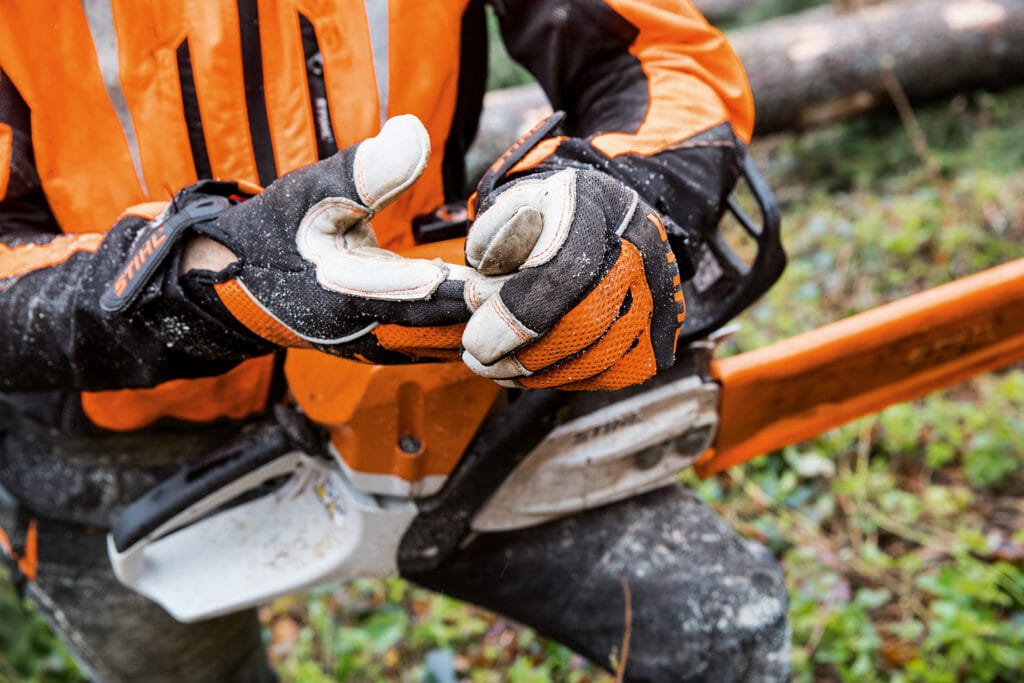 How a Kazakhstani Trader Won a Government Contract for Mining Workwear2025年10月30日In Kazakhstan’s booming mining industry, one small trader […]
How a Kazakhstani Trader Won a Government Contract for Mining Workwear2025年10月30日In Kazakhstan’s booming mining industry, one small trader […]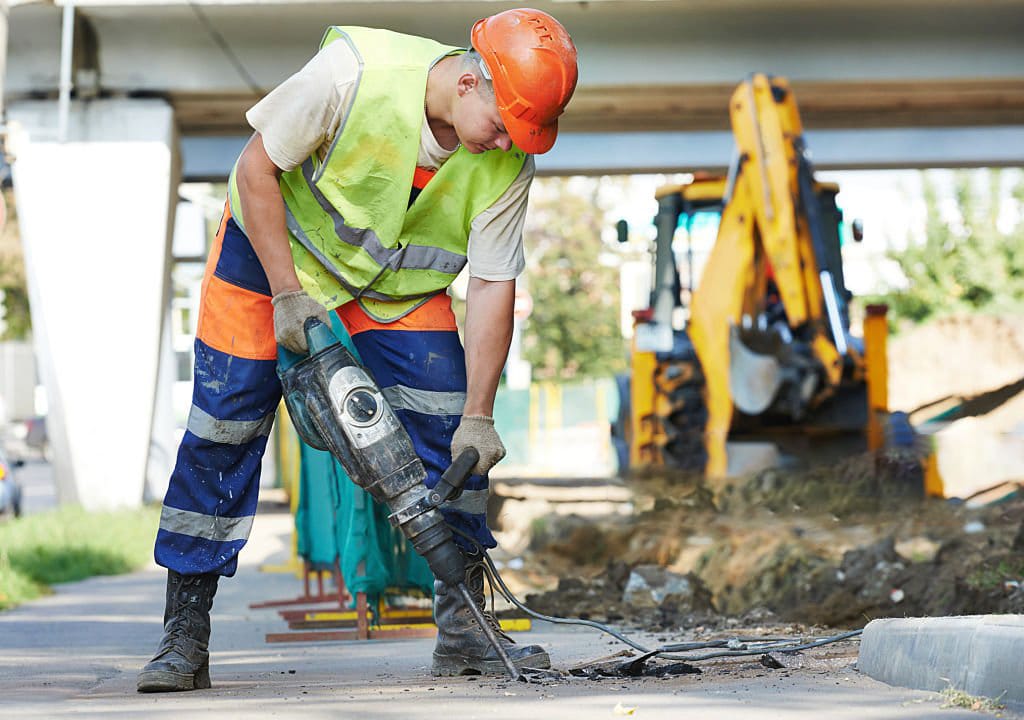 A South African Retailer’s Journey from Importing Shoes to Supplying Full PPE Kits2025年10月30日In South Africa’s rapidly growing industrial supply market, […]
A South African Retailer’s Journey from Importing Shoes to Supplying Full PPE Kits2025年10月30日In South Africa’s rapidly growing industrial supply market, […]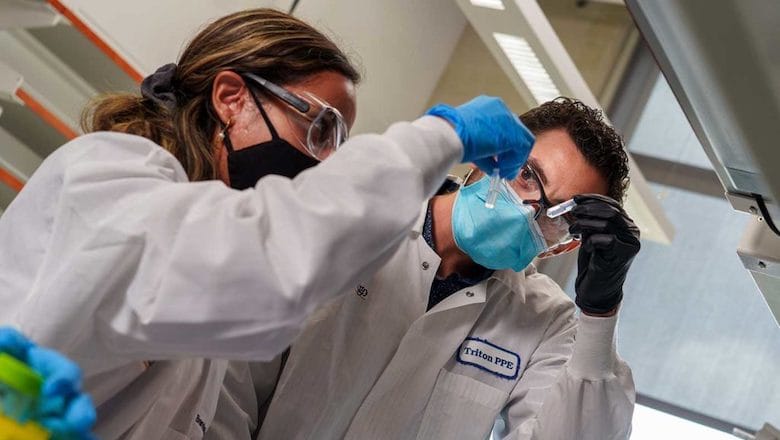 How a Jordanian Contractor Built His Own Workwear Brand for Construction Projects2025年10月30日Introduction In the competitive world of construction, […]
How a Jordanian Contractor Built His Own Workwear Brand for Construction Projects2025年10月30日Introduction In the competitive world of construction, […]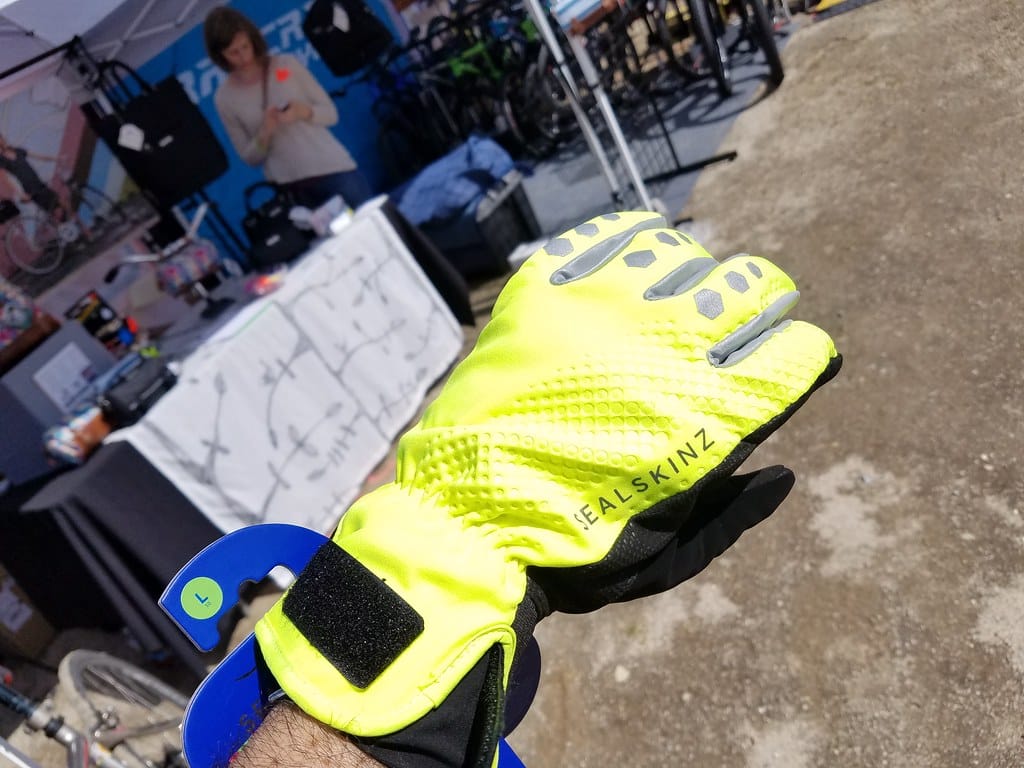 The Nigerian Agent Who Lost $50,000 on Fake Certificates — Then Came Back Stronger2025年10月20日Introduction In the global trade of PPE and industrial […]
The Nigerian Agent Who Lost $50,000 on Fake Certificates — Then Came Back Stronger2025年10月20日Introduction In the global trade of PPE and industrial […] How a Brazilian Trader Used $5,000 to Break into the PPE Market2025年10月20日Introduction In a world where industrial safety and […]
How a Brazilian Trader Used $5,000 to Break into the PPE Market2025年10月20日Introduction In a world where industrial safety and […] From First Order to Market Leader: A Ghana Distributor’s 3-Year Journey2025年10月20日In the fast-growing African PPE and workwear market, small […]
From First Order to Market Leader: A Ghana Distributor’s 3-Year Journey2025年10月20日In the fast-growing African PPE and workwear market, small […]
CONTACT US
- Feel free to contact us any time. We will get back to you as soon as we can!
- +86-17303331701
